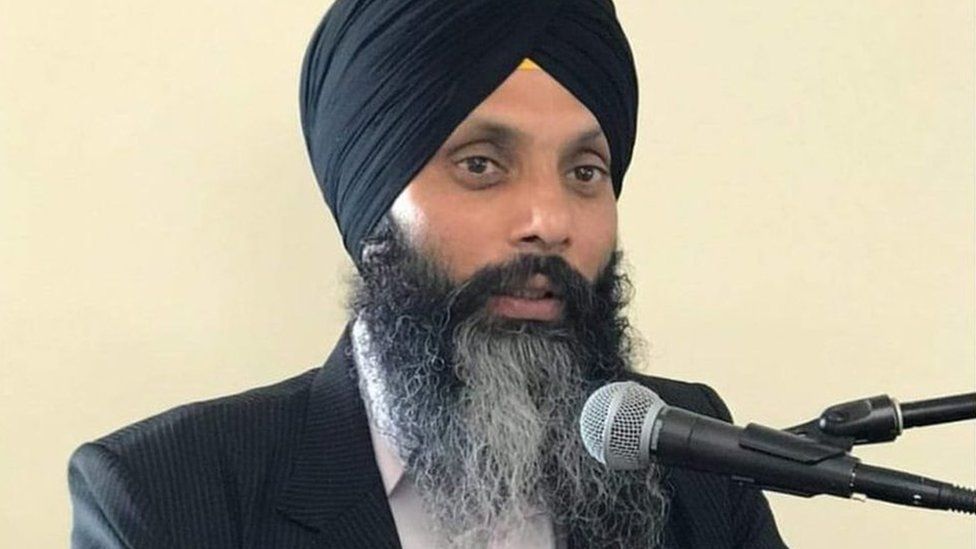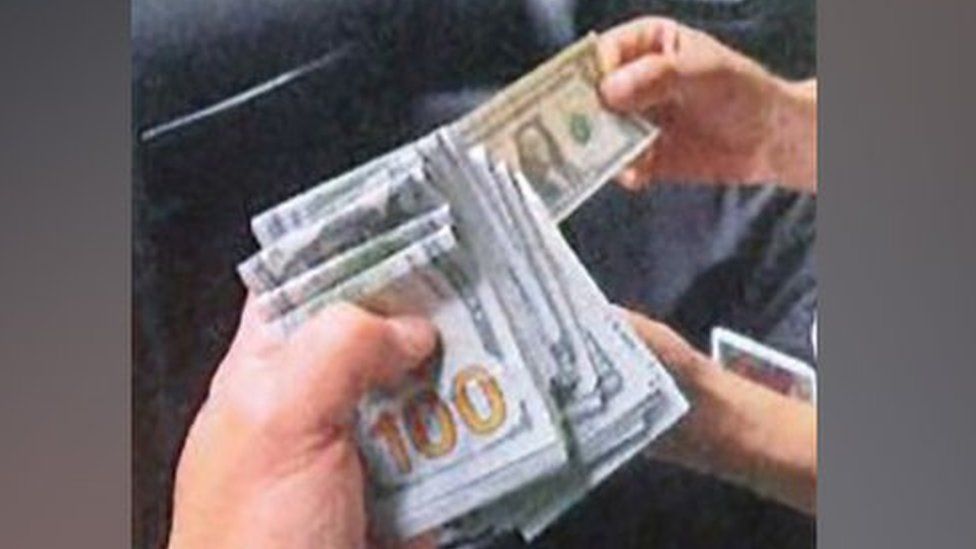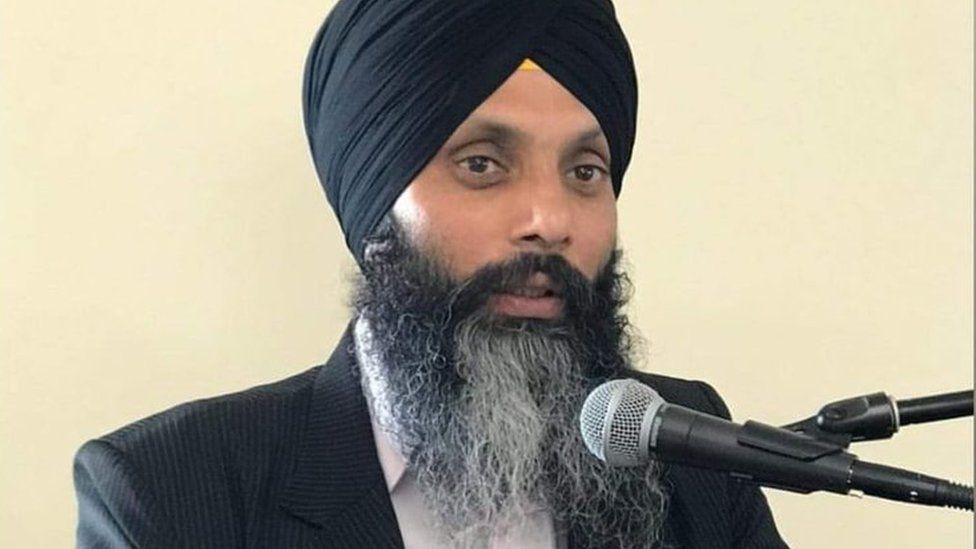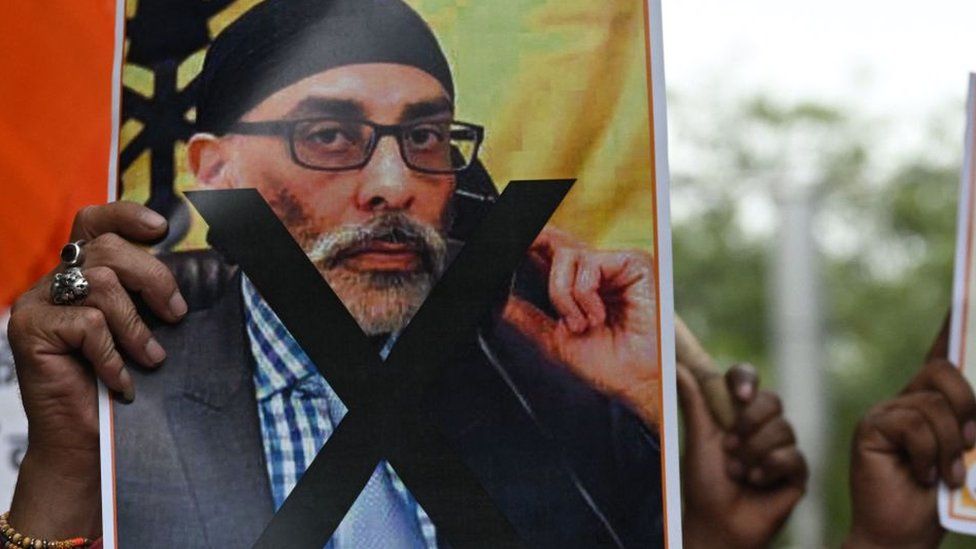
The United States has accused Delhi of plotting to assassinate an American citizen who advocates for Khalistan – an independent Sikh state carved out of India.
Washington said an Indian national, working with an Indian government official, had attempted to hire a hitman for $100,000 (£79,000) to carry out the murder on American soil – but the plot unravelled as the hitman was actually an undercover federal agent.
The target was identified as Gurpatwant Singh Pannun, a dual US-Canadian citizen. The New York-based lawyer, believed to be in his early 50s, is the legal counsel and spokesman for Sikhs for Justice (SFJ), a US-based Sikh separatist group that’s banned in India since 2019.
In the days following the sensational allegation, Delhi said Pannun “is wanted for violation of the law” but denied that they had anything to do with the murder plot. “A high-level inquiry committee has been formed to investigate the allegation and address the US government’s security concerns,” external affairs ministry spokesperson Arindam Bagchi said.
So who is Pannun and why is he so controversial in India?
Delhi has made no bones about its dislike for the Sikh separatist – a man they designated a terrorist in 2020. He is wanted in nearly two dozen cases, including some of terrorism and sedition, and in September, his properties in Amritsar and Chandigarh cities were seized. Pannun denies all the charges and says the cases are false.
A Sikh – a religious minority which makes up about 2% of India’s population – he says he is an activist who just believes in Khalistan. India crushed a violent armed Sikh insurgency in the 1980s and 1990s and the movement has little support in the country now although some in the Sikh diaspora continue to advocate for Khalistan. Pannun and his SFJ are among its most vocal supporters.
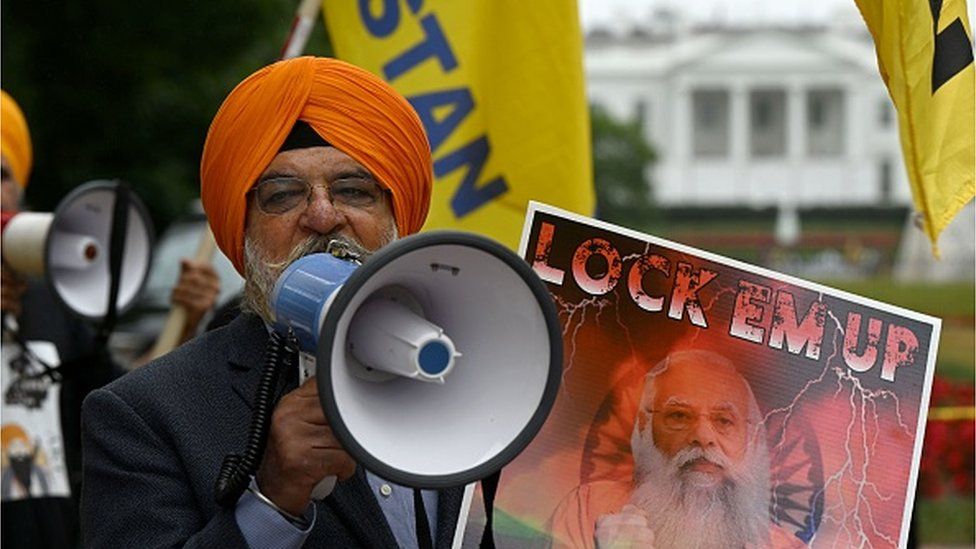
Born in the Nathu Chak village in the north-western state of Punjab, a young Pannun moved with his parents and siblings to Khankot village in Amritsar. He went to school in Ludhiana and then on to Chandigarh University in the early 1990s to study law.
It was there that he became active in student politics, a former Punjab police official told the BBC. He said that police investigated Pannun for involvement in a brawl where he was accused of assault and raising pro-Khalistan slogans. But he was later cleared of all charges.
A few years later, he moved to the US where he acquired degrees in management and law and until 2014, worked at Wall Street as a business analyst.
The Sikhs for Justice was formed in 2007 with an aim to keep the focus on those affected by the 1984 anti-Sikh riots that followed the assassination of prime minister Indira Gandhi by her Sikh bodyguards.
But it was only after 2012 that Pannun started getting media attention after SFJ began suing prominent Indian politicians and celebrities whenever they visited America, accusing them of playing a role in the riots. He used a 1789 law called Alien Tort Statute which allows American courts to try cases related to human rights abuses committed elsewhere in the world by non-US citizens.
So, SFJ filed cases against former Congress party chief Sonia Gandhi when she was admitted in a New York cancer hospital and then prime minister Manmohan Singh when he visited the US to meet then President Barack Obama.
In February 2015, he hit the global headlines when he sued Bollywood superstar Amitabh Bachchan, accusing him of making provocative statements to incite anti-Sikh mobs during the riots. The actor has always denied any role and the case didn’t travel – none of the others did either, but they brought him attention and gave the much-needed boost to his anti-India campaign.
He built on that by announcing the same year a global Sikh referendum to push for the creation of Khalistan and since then, he’s organised a number of symbolic non-binding referendums in Western countries with substantial Indian diaspora, including in the UK, Canada and Australia. A similar event is planned in California in January-end, according to the SFJ website.
“The Indian government and the Modi regime want to kill me, they want to eliminate me for running the global Khalistan referendum voting campaign,” he told Time magazine in a recent interview.
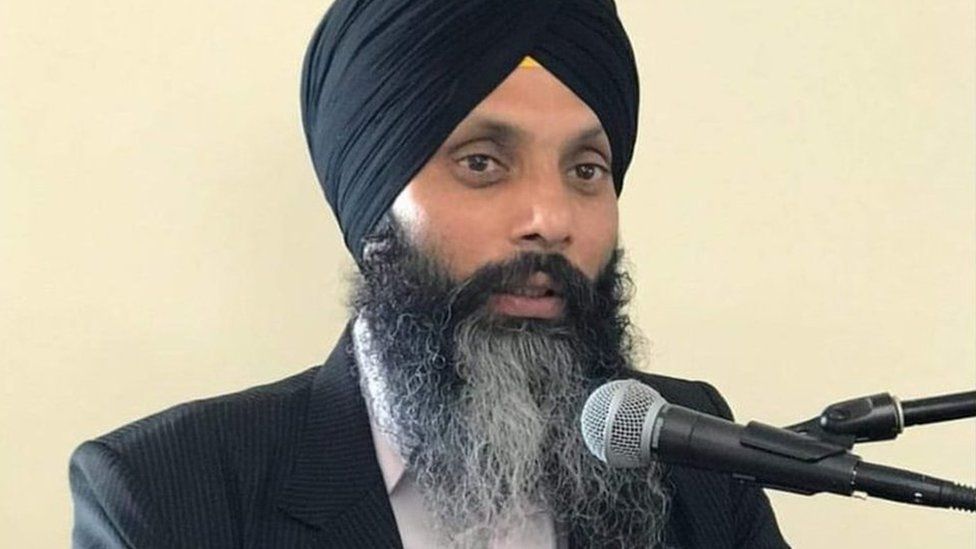
In hundreds of videos posted on the SFJ website and its social media platforms, Pannun is seen castigating India and offering rewards to those who write anti-India graffiti or hoist Khalistani flags on government buildings or desecrate India’s national flag, leading to accusations that “he’s radicalising the youth through online propaganda”.
In recent videos widely shared on social media, he is seen telling Hindus in Canada to “go back to India”; threatening to “shake the very foundation of Indian parliament” and says he will “break the backbone of Indian economy and Balkanise India”.
In one video in September, he says “Delhi will become Khalistan” and calls for the “critical death” of PM Modi and two of his ministers.
Earlier this year, he vowed to “avenge the death of Hardeep Singh Nijjar” – a Sikh separatist leader that Canada says was killed by India although Delhi vehemently denies the accusation – and admitted that he was behind “kill India” posters with names and photographs of Indian diplomats in the US, UK and Canada. He defended the posters and rejected allegations that they incited violence against the diplomats. “Where does it say that I want to kill them? It just has their names and photographs mentioned therein,” The Times of India quoted him as saying.
Last month, he cautioned Sikhs against flying Air India planes on or after 19 November – Indira Gandhi’s birthday – warning that “there could be threats to life”. The statement alarmed many and revived memories of the 1985 Air India bombing, blamed on Sikh militants, in which all 329 people on board were killed. After the statement caused outrage in India, Pannun said he was calling for “a ‘boycott’ of Air India, but the whole Indian narrative shifted to ‘bomb’ Air India”.
“Pannun works on optics and through his videos on social media, he attempts to instil fear in the minds of our citizens,” a retired Indian intelligence official told the BBC. “But he’s clever, he’s a lawyer and chooses his words carefully to avoid falling foul of the law.”
Until a few years back, the official said, Pannun had more of a “nuisance value”, but “he’s being taken more seriously now”.
The foreign ministry says Washington has been made aware of the “details of the kind of crimes Pannun is responsible for in India” and “concerns regarding threats made by extremists or terrorists against India or Indian diplomats” have been shared with them. Many Indians have expressed frustration that the US has not taken any action against him.
Earlier this week, PM Modi too weighed in on the controversy. India, he told the Financial Times, will “definitely look into” any evidence provided on its alleged links to the assassination plot. But he also questioned the US stand that “individuals have the right to freedom of speech” and “rights to peacefully assemble”.
India is “deeply concerned about the activities of certain extremist groups based overseas” and “these elements, under the guise of freedom of expression, have engaged in intimidation and incited violence”, he said.
BBC News India is now on YouTube. Click here to subscribe and watch our documentaries, explainers and features.

Read more India stories from the BBC:
Related Topics
-
-
19 September
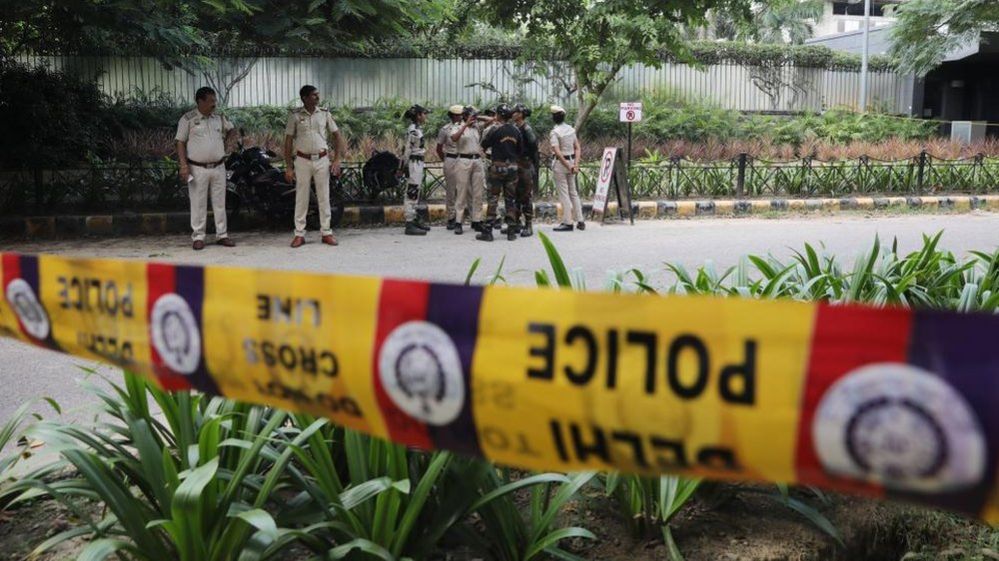
-


